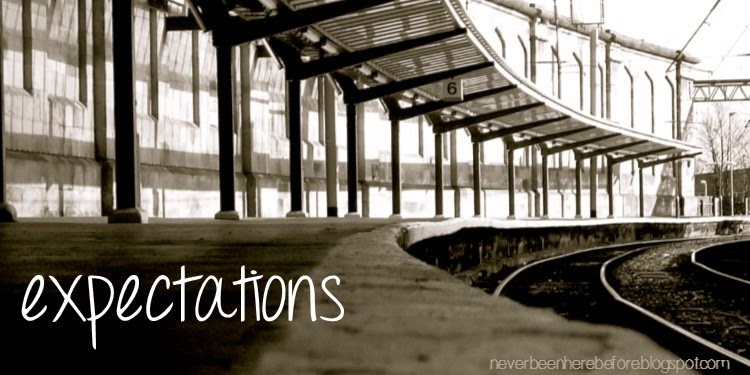Our Empowering Connection
What I'm listening to: Switchfoot's Legend of Chin
You know, I hope Fleming Rose is pleased with himself.
24 killed in Nigeria religious violence
He defended himself in the Washington Post last week and while he has every right to, and some of his argument is perfectly logical (albeit morally reprehensible) this appears to be simply another way our society manages to distance itself from each other. The rules for free press are different, he argues, and in doing so places him in a bubble free of accountability. Here's the problem I have in using that as your defense: We cannot live our lives as though we aren't connected. Because we are. This violent reactions to what the Danish newspaper did proves that.
Here are some pull-outs from his defense:
I refuse to blame him for the violence that continues to occur, but where is social responsibility in this debate? Buried in the determination to simply do what we want? It's frightening to think that it probably is.
What we choose to do and choose not to do will always affect someone. That shouldn't paralyze us, in fact, it should empower us. Humans are connected despite race, religion and culture, and instead of fearing that we should embrace it and think twice about our actions.
You know, I hope Fleming Rose is pleased with himself.
24 killed in Nigeria religious violence
He defended himself in the Washington Post last week and while he has every right to, and some of his argument is perfectly logical (albeit morally reprehensible) this appears to be simply another way our society manages to distance itself from each other. The rules for free press are different, he argues, and in doing so places him in a bubble free of accountability. Here's the problem I have in using that as your defense: We cannot live our lives as though we aren't connected. Because we are. This violent reactions to what the Danish newspaper did proves that.
Here are some pull-outs from his defense:
Has Jyllands-Posten insulted and disrespected Islam? It certainly didn't intend to. But what does respect mean? When I visit a mosque, I show my respect by taking off my shoes. I follow the customs, just as I do in a church, synagogue or other holy place. But if a believer demands that I, as a nonbeliever, observe his taboos in the public domain, he is not asking for my respect, but for my submission. And that is incompatible with a secular democracy.
I acknowledge that some people have been offended by the publication of the cartoons, and Jyllands-Posten has apologized for that. But we cannot apologize for our right to publish material, even offensive material. You cannot edit a newspaper if you are paralyzed by worries about every possible insult.
I am offended by things in the paper every day: transcripts of speeches by Osama bin Laden, photos from Abu Ghraib, people insisting that Israel should be erased from the face of the Earth, people saying the Holocaust never happened. But that does not mean that I would refrain from printing them as long as they fell within the limits of the law and of the newspaper's ethical code. That other editors would make different choices is the essence of pluralism.
Still, I think the cartoons now have a place in two separate narratives, one in Europe and one in the Middle East. In the words of the Somali-born Dutch politician Ayaan Hirsi Ali, the integration of Muslims into European societies has been sped up by 300 years due to the cartoons; perhaps we do not need to fight the battle for the Enlightenment all over again in Europe. The narrative in the Middle East is more complex, but that has very little to do with the cartoons.
I refuse to blame him for the violence that continues to occur, but where is social responsibility in this debate? Buried in the determination to simply do what we want? It's frightening to think that it probably is.
What we choose to do and choose not to do will always affect someone. That shouldn't paralyze us, in fact, it should empower us. Humans are connected despite race, religion and culture, and instead of fearing that we should embrace it and think twice about our actions.


Comments